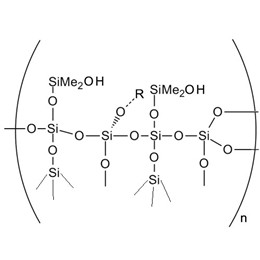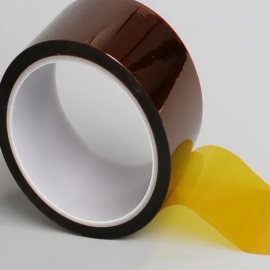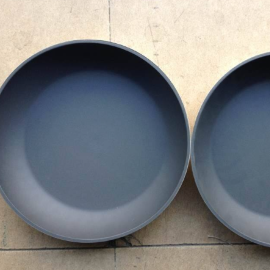Consumer demand for film-forming agents is escalating: from the initial long-lasting and film-forming ability, it is gradually expanding to lightweight, non-sticky, 20-hour hold and even anti-migration properties. In addition, breathability has become an important point of demand, especially to minimize the nuisance caused by problems such as smothering acne. What are the advantages of silicone film-formers in the beauty industry?
The cosmetic ingredients can quickly form a uniform, flexible film on the skin surface, which not only improves the adhesion and water resistance of cosmetics, but also gives the product a smooth and smooth skin feel touch. Secondly, silicone film-forming agent has excellent waterproof and oil-proof performance, which can effectively lock moisture, prevent makeup from peeling or smudging, and keep makeup neat and perfect. In addition, it can help disperse color powder, improve the gloss and color saturation of makeup and sun care products, making makeup more vivid and natural. Most importantly, silicone film-forming agent has good biocompatibility and safety, and will not cause skin irritation or allergy.
There are five aspects to introducing silicone film formers:
- What is the principle of silicone film-forming agents?
- How are silicone film-forming agents categorized?
- What are the applications of silicone film-forming agents in skin care?
- What is the role of silicone film-forming agent in color cosmetics?
- How to make silicone film-forming performance better?
1. What is the principle of silicone film-forming agents?
First of all, regarding the current development of film-forming agents, their main role in cosmetics is to enhance the durability of the product by forming a film on the skin surface, protecting the skin, and improving the texture of the application, for example, by increasing viscosity or thickness. Currently, film-forming agents are widely used, especially in ointment products (e.g., non-stick lipsticks, and mascaras) and water-in-oil systems (e.g., foundations, sunscreen products). In addition, they have some applications in formulations such as eye shadows and eye creams. Overall, the core role of film-forming agents is to protect the skin, while helping the pigment to adhere and form an effective protective layer.
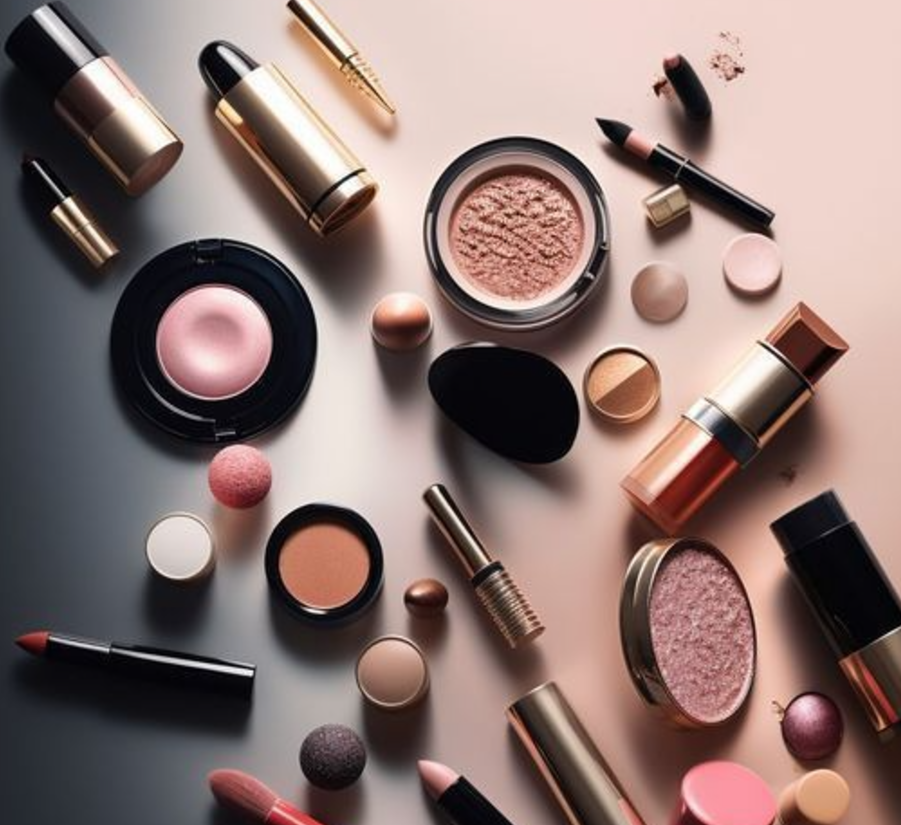
2. How are silicone film-forming agents categorized?
According to the different dispersion media, film-forming agents can be divided into two categories:
Aqueous film-forming agents: including acrylics, PVA, and its copolymers and derivatives.
Oily film-forming agents: In addition to acrylic and PVA derivatives, silicone film-forming agents are also included, which is one of the main research directions of our company.
3. What are the applications of silicone film-forming agents in skin care?
3.1 Moisturizing and cleansing
(1) Moisturizing and water locking.
In cream masks and other skin care products, film-forming agent skin protection: Formation of a physical barrier to protect the layer, with an anti-pollution effect, the formation of the film can lock the water to prevent water loss. Provide a wet healing environment for the wound, so that the skin from the external environment of dirt, the
(2) Physical Cleansing.
In the tear-type mask, the film-forming agent can also help dye. The skin surface of the gray layer, “dead skin” and other adsorption removal, to reach the film-forming agent to the effect of physical cleaning and exfoliation.
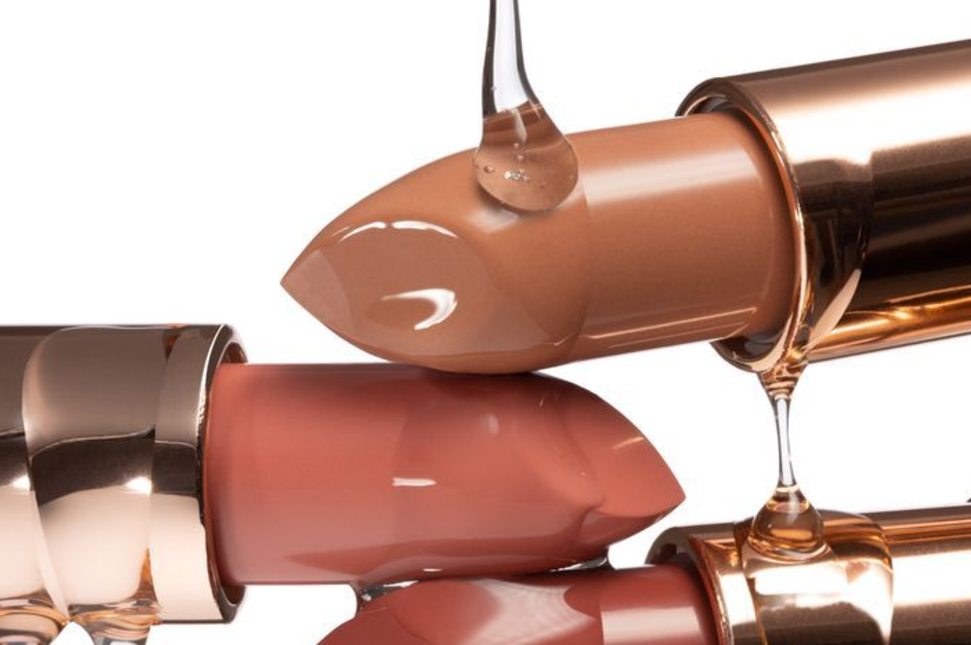
3.2 Isolation protection
(1) Skin protection.
Formation of a physical barrier protection layer, with an anti-pollution effect, to provide a wet healing environment for the wound, so that the skin is free from the pollution of the external environment.
(2) Improvement of component utilization.
Although the film-forming agent itself does not directly promote the absorption of active ingredients, the protective layer it forms can slow down the volatilization and loss of active ingredients, thus indirectly improving the utilization rate of active ingredients.
3.3 Skin feel improvement
(1) Soft and silky.
Film-forming agent can improve the touch of skin care and color cosmetics products, making them softer and silkier, to enhance consumer experience.
(2) Reduced greasiness.
By adding “skin feel modifiers”, film-forming agents can also reduce the greasiness caused by the oil film, providing a more comfortable use experience.
3.4 Auxiliary sunscreen
(1) Enhancement of SPF: Silicone film-forming agents can assist in enhancing the SPF value.
Silicone film-forming agents can assist in enhancing the SPF value, reducing the amount of sunscreen agents added, thereby reducing the product's heaviness.
(2) Enhance spreadability.
Helps sunscreen ingredients cover the skin surface more evenly, reducing unevenness when applied.
(3) Water and Sweat Resistance.
The film formed has good waterproof and anti-sweat performance, which can prevent the loss of sunscreen ingredients in sweating or swimming, to ensure that the sunscreen effect is long-lasting and stable.
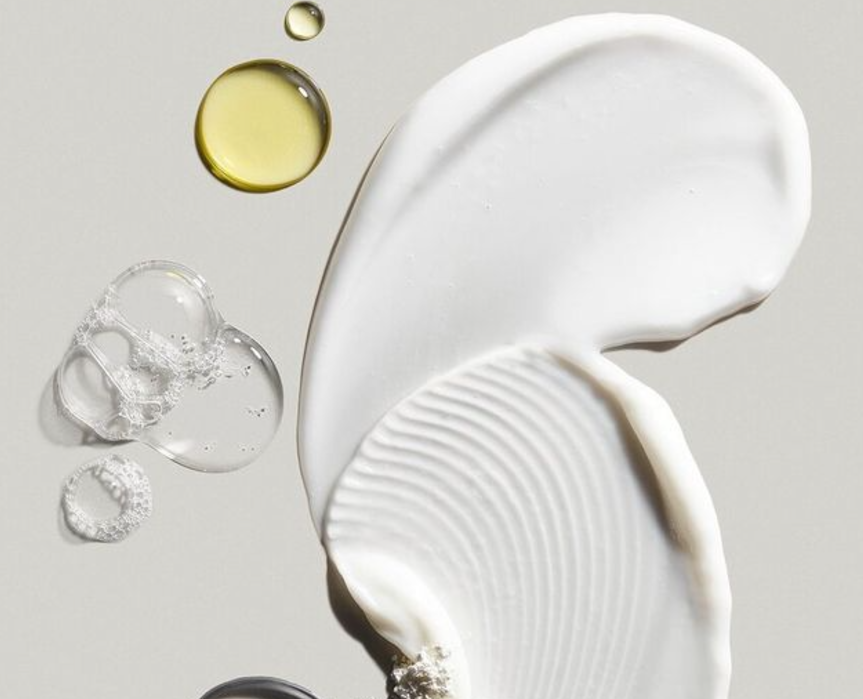
4. What is the role of silicone film-forming agent in color cosmetics?
(1) Long-lasting makeup.
Film-forming agent film can be fixed makeup products, such as foundation, mascara, eyeliner, etc., to prevent its use in the process of shedding or smudging, thus greatly extending the durability of makeup.
(2) Enhanced adhesion.
The film-forming agent can sneak into the crevices of the bottom makeup powder, and strengthen the connection between the powder, forming a “solid film”, so that the makeup products are more closely to the skin, reducing the possibility of makeup removal.
(3) Waterproof, sweatproof and anti-migration
Many film-forming agents have excellent water- and sweat-resistant properties, forming a barrier on the surface of the skin to prevent moisture from damaging the makeup. Film-forming agents effectively resist external abrasions and scratches, thus prolonging the makeup's effectiveness and keeping it intact and beautiful.
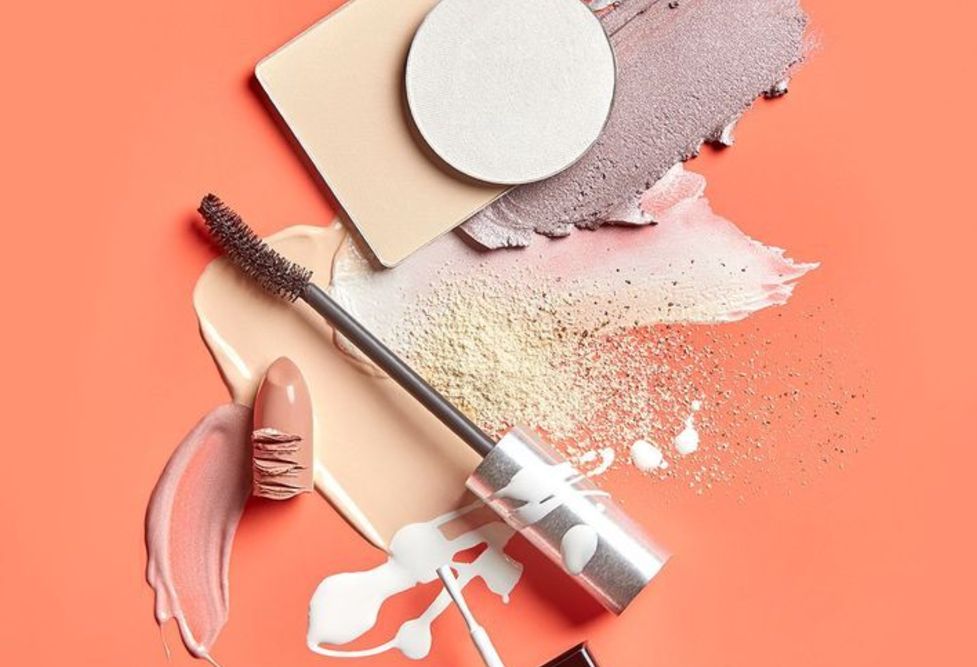
(4) Aids in color presentation
Helps to disperse the color powder and enhance the glossiness of the product, making the color of the makeup product more vivid and full of color. Fix the color powder by forming a film to enhance the durability of the color and reduce the color shedding caused by friction or oil secretion.
XJY-8203 Trimethylsiloxysilicate TMS
XJY-TMS mainly contains mono-functional Si-O unit (M unit) and tetra-functional Si-O unit (Q unit), structurally organic groups are attached to silicon atoms, and the whole shows a dense three-dimensional spherical structure. It is suitable for film-forming agent in various states, and can be used with super soft and hard film.
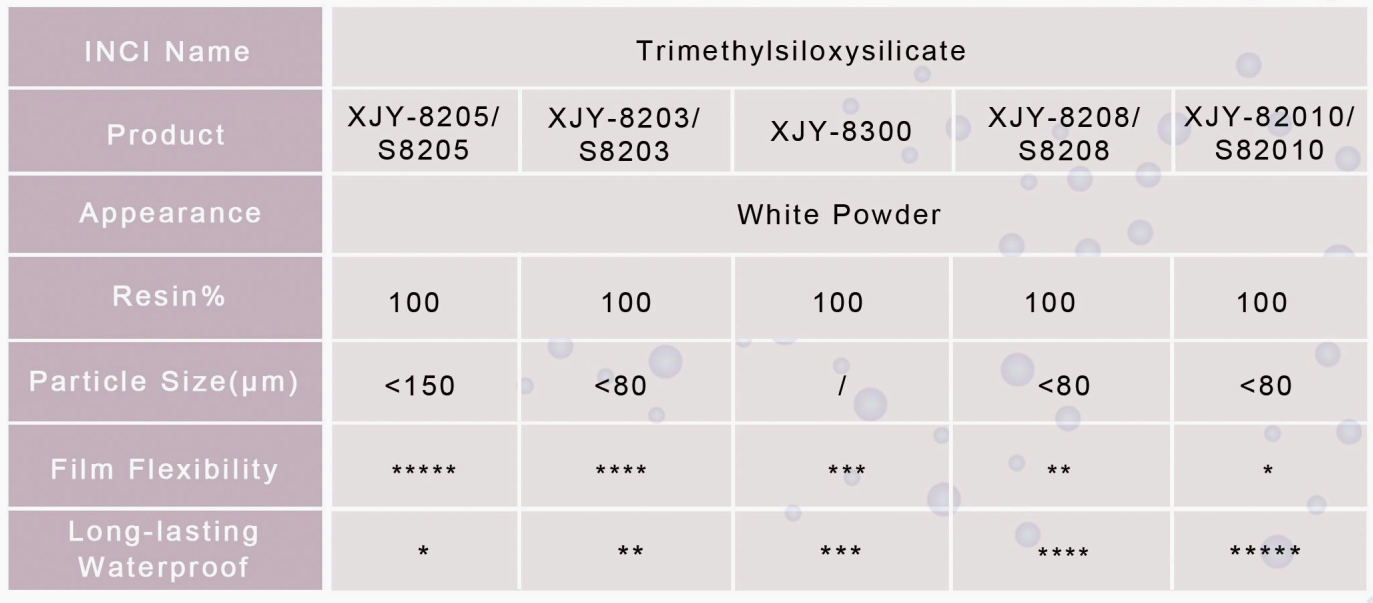
XJY-8205 Series MQ Silicone Liquid Film Forming Agent
XJY-TMS also provides a series of silicone film-forming agent fluids dispersed in different carriers, which are recommended to be used in skincare, sunscreen, and color cosmetics to help foundation, sunscreen, mascara, lipstick, and bath products to hold makeup for a long time and to effectively increase the SPF value during sunscreen application to provide a more comfortable skin feel, as well as anti-oil, anti-sweat, and anti-migration properties.
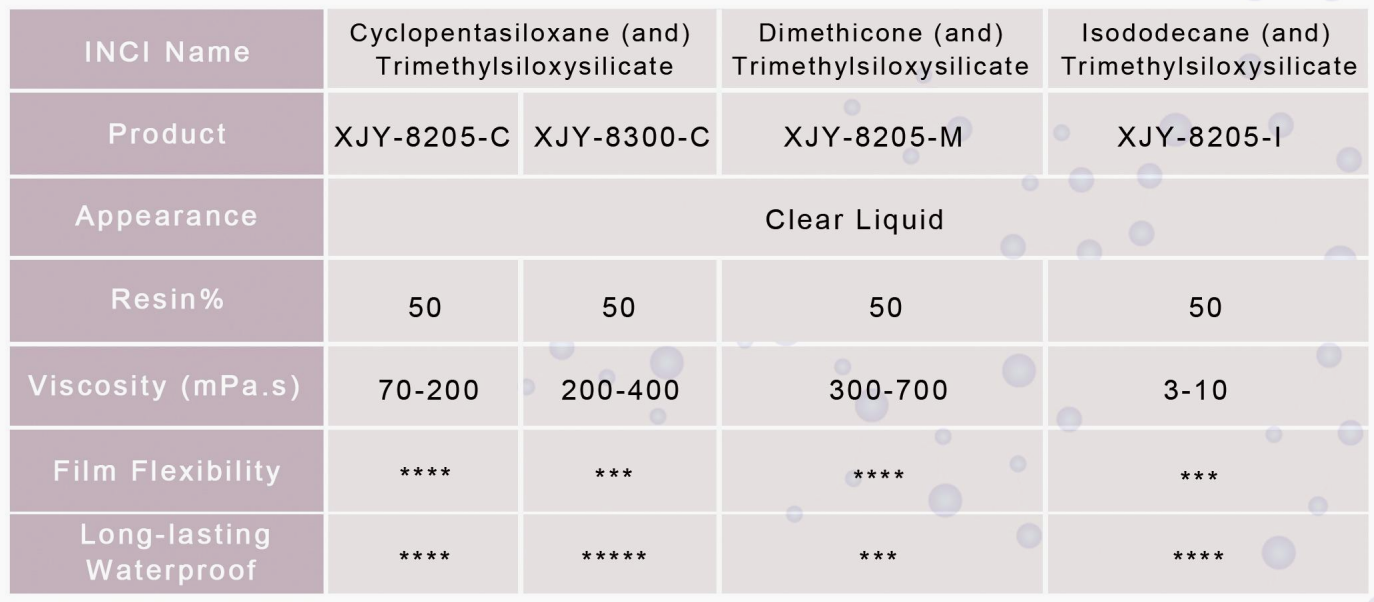
5. How to make silicone film-forming performance better?
Silicone film-forming agents can significantly improve the quality of cosmetics. Their good film-forming properties, soft, slippery, and superior water resistance and oil-resistant properties enable cosmetics to quickly form a uniform, stable film after application, which not only protects the skin but also increases the durability of the product, making makeup look more natural and long-lasting. How to increase the competitiveness of the product?
XJY Silicones is one of the leading silicone MQ resin and VMQ silicone manufacturers in China, with more than 30 years of R&D and manufacturing experience in the silicone industry as well as more than 15 related patents and technical support. Our silicone raw material products can meet the needs of the color cosmetics field and support the provision of diversified customized solutions.

